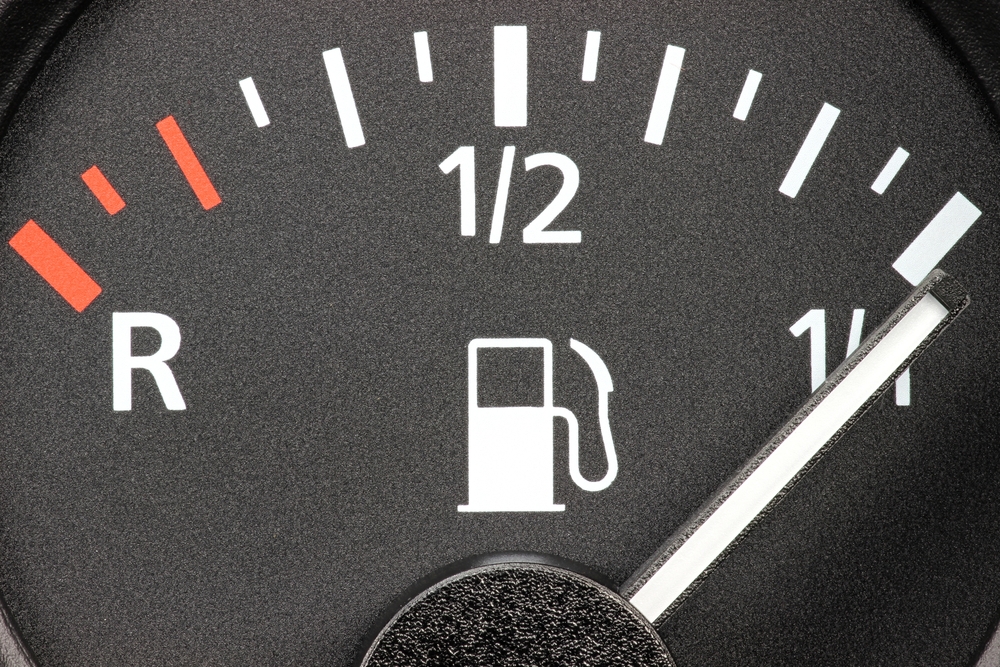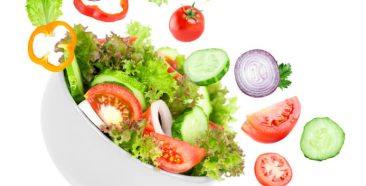
Yes! And, uh…no. That is, while slower driving is generally better than pedal-to-the-metal for fuel consumption – and may earn you a discount from your car insurance company – it can also be too much of a good thing. If you’re driving your car well below the posted speed limit, your engine will be running longer and you’ll be burning up fuel for a longer period – so you might actually be wasting gas. The secret to maximum fuel efficiency is to keep your car within a sort of sweet spot of speed – not too fast and not too slow.
Why Fuel Economy Improvements Matter
Fewer stops at the gas pumps can save you a bundle in these inflationary times. According to the latest figures, the national average cost of gasoline is just over $4.65 a gallon.
The news is worse in certain states. In California, the average gallon price is about $6.06. In Hawaii, the cost is $5.61.
The larger point is that gasoline isn’t cheap anywhere. All efforts to increase mileage should be explored to save as much money as possible on car transportation.
How Does Driving Slower Save Gas Mileage and Save You Money?
It works in a couple of ways. In highway driving, excessive speeds create air resistance against your ride, and the tires create a drag on the pavement they’re rolling over. This starts to burn up gas faster at speeds above about 50 or 60 miles an hour.
In the city, driving above posted speed limits typically results in the more frequent need to hit your brakes hard for traffic and stop lights. City planners generally time stoplights on major city roads to reduce the need for frequent stops at posted speeds. If you’re traveling a lot faster, you’ll probably have to stop more frequently.
The more you can coast through green lights, the more fuel you’ll save since hard braking reduces fuel efficiency.
Fast acceleration when the light turns green has the same effect on your gas consumption as hard braking. If you can maintain a steady pace within the posted speed limit, chances are good that you’ll do fewer hard stops and starts, and your fuel economy will improve.
As an added bonus, slower city driving will be easier on your tires and brakes and can earn you car insurance discounts. Keeping your car out of the shop for as long as possible makes good economic sense, especially now. Not to mention that caution behind the wheel reduces the risk of tickets or accidents, and a clean driving record qualifies you for lower insurance premiums.

So, in that sense, the answer to the question does driving slower save gas mileage is yes.
Other Ways to Burn less Fuel in These Inflationary Times
Your goal is to make as few gas pump visits as possible and, if you can, find cheaper stations to avoid paying five bucks a gallon for the stuff—or whatever it costs where you live. You can do that by driving slower to save gas mileage or by using your car less.
Here are a few suggestions.
· Don’t Use Your Car like it’s a Storage Locker
What’s in your trunk or the tailgate of your vehicle right now? If you’re using your ride to store your kids’ sports gear, a huge bag of road salt, and your well-stocked toolbox, the added weight will create a drag and decrease fuel efficiency. Store as little as possible in your car beyond the necessities, and you might notice the difference at the pumps.
· Keep Your Tires Properly Inflated
You can increase fuel efficiency by as much as three percent simply by keeping your tires inflated to the proper pressure. Consult your owner’s manual or look for the sticker inside your driver’s-side door to find the proper tire pressure for your vehicle.
· Combine Trips
The fewer times your car rolls down your driveway, the better in terms of gas economy. Take a few minutes to plan your day before running that first errand. If you can combine dropping off the kids at soccer practice with a trip to the supermarket, you’re ahead of the game. Pick up enough groceries to last a week or two, so you don’t have to make additional stops every few days. Also, consider contacting the parents of your kids’ friends to see if you can arrange a carpool.
· Avoid Idling
An idling engine burns gas and literally gets you nowhere. Do you have to file into a block-long line at a fast food takeout window? You might get served faster parking and walking in, and you’d certainly burn less gas. Same when you start your car on a cold morning and leave it chugging away in your driveway for 15 minutes. If you can, reduce that warmup time and other situations where you keep your engine running when you’re not really using your vehicle.
· Maintain a Constant Speed
While city driving, you have to stop and start at traffic lights, and for pedestrian traffic and the cars around you. But when on the highway, use cruise control, if you have it, during those long stretches with little traffic. By maintaining a steady speed of about 60 miles an hour for long periods, your fuel consumption will benefit.
· Consider Carpooling, Walking, Biking, and Public Transportation
This doesn’t work for everyone. You might live in a location that doesn’t have public transit near you. Maybe you’re not in good health for walking or biking, or your workplace and other destinations are too far away. However, if you can take advantage of these or other options (co-worker carpooling anyone?), you’ll also make fewer trips to the gas station.
· Find the Best Deals Possible on Gas Prices
You’re unlikely to find what you can actually call a great deal on gasoline prices anywhere today. However, it’s all relative. The savings add up if you can save just a few pennies per gallon while not going out of your way. Such phone apps as GasBuddy, Gas Guru, Waze, and dozens of others can direct you to the best prices in real time.
This can also be helpful information when you’re traveling far from home and need to make an eventual gas stop. Is it worth driving another ten miles for a better price than stopping at the next gas station sign? Your app might be able to help you answer that question.
· Think Electric or Hybrid
How about reducing your gasoline cost to zero? That’s possible if your next car is an electric vehicle. EVs tend to cost more than conventional cars with fossil fuel engines, but depending on your average mileage, you might be able to make up the difference with your gasoline savings sooner than you think.
Hybrid vehicles, those that have both gasoline tanks and electric batteries, will also cut your fuel consumption. An EV or hybrid vehicle is almost certainly in your future at some point. Do a little research to see if that future is now.
Find Cheap Car Insurance Online Today
While you find ways to reduce your dependence on high-price gasoline, your independent agent at Freeway Insurance can help you find cheap auto insurance. Call us at (800) 777-5620 or get a quick quote online. You can also find an office location near you to speak directly with a Freeway Insurance agent.



